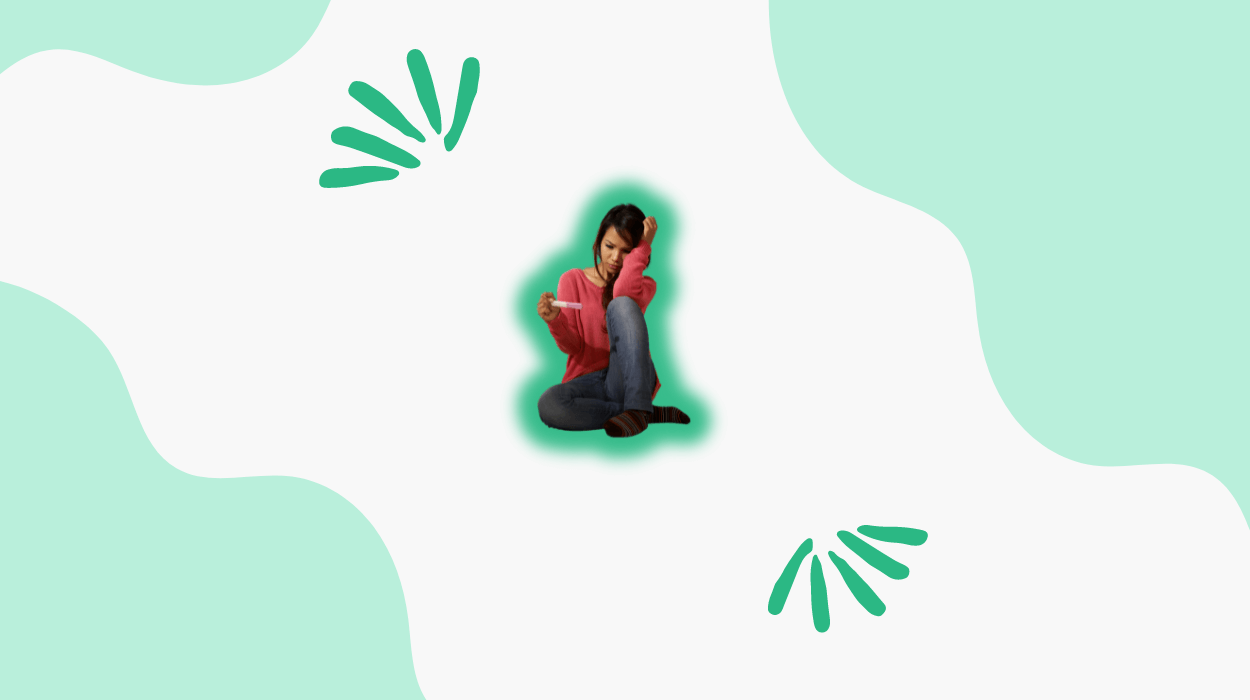

Test anxiety is a common occurrence experienced by many people. It presents a significant challenge that may impede performance during important assessments. They are responses to nervousness that could manifest physically, cognitively, and emotionally.
Factors contributing to test anxiety include fear of failure, lack of preparation, and external pressure. Perfectionistic tendencies could also worsen it.
People experiencing test anxiety may struggle with past poor exam performances, fears of repeating negative experiences, and negative self-talk, all of which could heighten stress levels during test situations.
Various strategies can be implemented to overcome test anxiety. These include efficient studying habits, early preparation in a consistent environment, challenging thoughts of perfectionism, and time management during exams.
Addressing the root causes and implementing suitable strategies may help people effectively manage and overcome test anxiety to improve performance.
Test anxiety is a common phenomenon that may significantly impact one’s ability to perform well during exams. It is essential to understand the nature of test anxiety to address and manage it effectively.
For people with learning disabilities or ADHD, who are more susceptible to test anxiety, seeking assessments for potential learning deficits and exploring accommodations is essential.
Understanding the rights protected under the Americans with Disabilities Act can provide necessary support in educational settings.
Here are some key points to consider:

Time management may play a significant role in reducing stress and enhancing focus during tests. Here are three essential tips to help you effectively track your time:
When you are in the testing environment, staying present and avoiding distractions that could interfere with your concentration is essential.
Focusing on the task and your own pace could better regulate your anxiety levels and optimize your performance.
Being attentive involves monitoring your thoughts and emotions during the exam. If you notice negative self-talk or feelings of panic arising, take a moment to pause, breathe deeply, and recenter yourself.
Acknowledge these thoughts without letting them overpower you, and shift your focus back to the questions in front of you.
Paying attention to your physical state may also help alleviate test anxiety. Practice progressive muscle relaxation or deep breathing to calm your nerves and reduce tension.
Teachers are well-versed in recognizing signs of anxiety and may help you succeed. Communicating openly with your teacher about your struggles may help you work together to find strategies to alleviate your test anxiety.
| Ways Teachers Can Help | How It Benefits You | Outcome |
|---|---|---|
| Offer personalized study tips | Tailored advice for your learning style | Improved study efficiency |
| Provide additional resources | Access to materials that may help your understanding | Enhanced preparation |
| Allow extra time or support | Reduced pressure during exams | Increased confidence |
Arriving at the test center early could significantly reduce test anxiety and enhance your performance by providing valuable time to prepare mentally and physically before the exam.
Here are three key benefits of arriving early:
Efficient study techniques are important for optimizing learning and academic performance. Systematically approaching your study sessions could alleviate some of the stress associated with test anxiety.
Below are some strategies to help you study efficiently and prepare effectively for exams:
| Efficient Study Techniques | Description |
|---|---|
| Pomodoro Technique | It breaks down study time into intervals with short breaks. |
| Mind Mapping | Visual method to organize and understand information. |
| Active Recall | Actively retrieve information from memory without prompts. |
| Cornell Note-Taking System | Systematic note-taking method for reviewing and recalling content. |
| Feynman Technique | Simplify complex topics by teaching them to others. |
Establishing a routine and dedicating time to study in a familiar environment may create a conducive atmosphere for effective learning.
Here are three tips to help you maximize your study efforts:
Quality sleep could effectively support cognitive function, memory consolidation, and mental health. When you fail to get enough rest, your ability to focus, retain information, and perform well under pressure could be compromised.
During sleep, the brain stores and processes information obtained throughout the day. This consolidation of memories is essential for recalling facts and concepts during exams.
Lack of sleep may impair this process, leading to forgetfulness and decreased cognitive performance during a test.
Sufficient sleep could also improve emotional regulation, reducing stress and anxiety that may worsen test-related pressure.
Try establishing a uniform bedtime routine, creating a relaxing sleep environment, and avoiding stimulants like caffeine close to bedtime. Limiting screen time before bed might also enhance the quality of sleep.
To help you navigate through test anxiety, consider the following strategies:
Perfectionism may lead to unrealistic expectations, excessive self-criticism, and fear of failure, all of which contribute to heightened test anxiety.
Embracing imperfection and understanding that mistakes are a natural part of the learning process. It may alleviate the pressure and stress associated with academic performance.
| Effects of Perfectionism | Challenging Perfectionism |
|---|---|
| Increased stress levels | Practice self-compassion |
| Fear of failure | Set realistic goals |
| Procrastination tendencies | Embrace mistakes as learning opportunities |
| Negative impact on self-esteem | Focus on progress, not perfection |
Imagining success through positive mental imagery is a powerful technique to enhance test performance and alleviate anxiety.
Here are some key points to consider when visualizing success when preparing for a test:
Test anxiety could stem from a combination of internal and external stressors, impacting people differently.
Factors such as suspicion of failure, lack of preparation, and external pressure may trigger anxiety responses, affecting test performance.
| Causes of Test Anxiety |
|---|
| Fear of failure |
| Lack of preparedness or awareness |
| Struggling with testing in the past |
CBT focuses on challenging and identifying negative thought habits and behaviors that contribute to anxiety, helping you develop healthier coping mechanisms.
Here are three aspects of CBT in managing test anxiety:
Medications such as SSRIs and anti-anxiety medications may help alleviate symptoms of anxiety, including those related to test-taking.
However, it’s essential to consult a primary care physician or psychiatrist for an accurate evaluation and prescription.
Here is a table highlighting some common medications used for test anxiety:
| Medication | Purpose | Considerations |
|---|---|---|
| SSRIs (Selective Serotonin Reuptake Inhibitors) | Regulate serotonin levels in the brain | Require time to take effect |
| Benzodiazepines | Provide rapid relief from acute anxiety | Can be habit-forming |
| Beta-blockers | Reduce physical symptoms of anxiety | Target specific physical responses |
Emotional symptoms associated with test anxiety often manifest as:
People experiencing test anxiety may find focusing on their studied material challenging, leading to trouble concentrating during exams.
Despite adequate preparation, the mind may feel foggy or blank, hindering the ability to recall information effectively. This cognitive cloudiness could be distressing and worsen feelings of anxiety as you might struggle to perform to your potential.
Racing uncontrolled thoughts are shared by those grappling with test anxiety. The mind may spiral into negative self-talk loops, anticipating the worst outcomes and fueling heightened anxiety levels.
Test anxiety may trigger a range of physical symptoms that could hinder your ability to perform optimally during exams.
Some common physical signs of test anxiety include:
These physical manifestations may be accompanied by other symptoms such as rapid and irregular heart rate (arrhythmia), dry mouth, nausea, and dryness in the mouth.
It is vital to acknowledge these physical indicators as they may significantly affect your comfort and concentration during test-taking.
Understanding triggers that cause test anxiety is essential in developing personalized coping mechanisms and strategies to mitigate the effects of test anxiety.
Maintaining focus, arriving early, and implementing stress management techniques such as self-care and cognitive-behavioral strategies could help alleviate test anxiety symptoms.
It is essential to recognize the possible risks and benefits of test anxiety medication while also including complementary therapeutic modalities to enhance academic performance outcomes.
Tyler Read earned an undergraduate academic degree from Sonoma State University, California and is a certified personal trainer (CPT) with NASM (National Academy of Sports Medicine). With over 16 years of experience, Tyler has trained clients both online and in-person.
He is passionate about helping others turn their love for fitness into a career. Tyler has worked with many local and commercial gyms before establishing his successful private personal training business, which he continues to operate.
